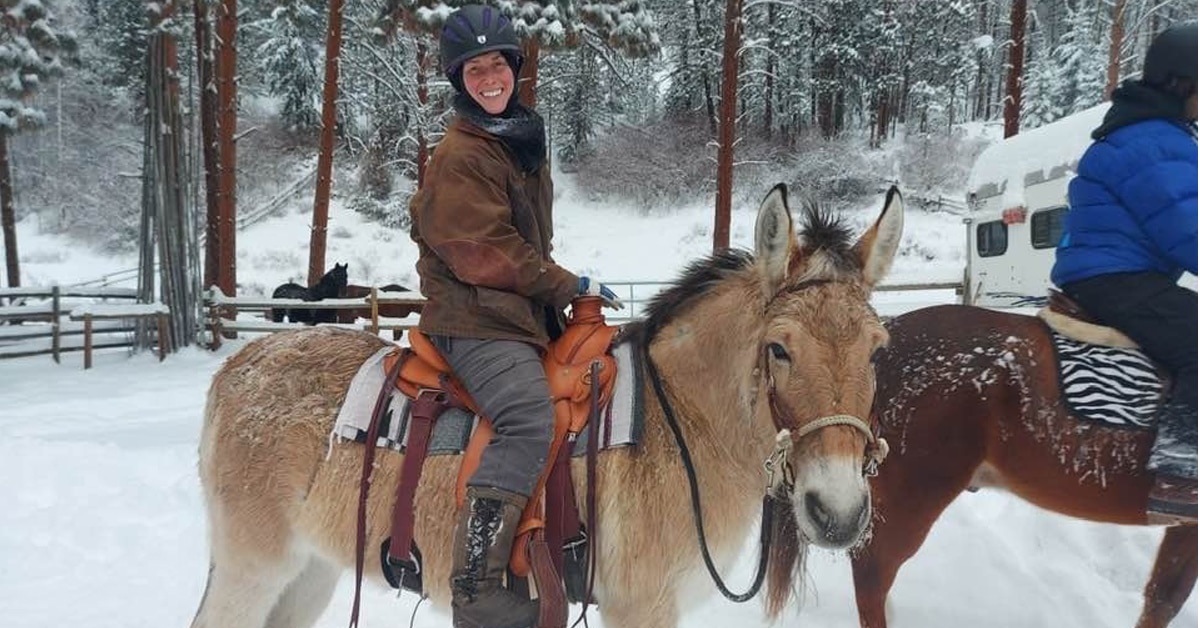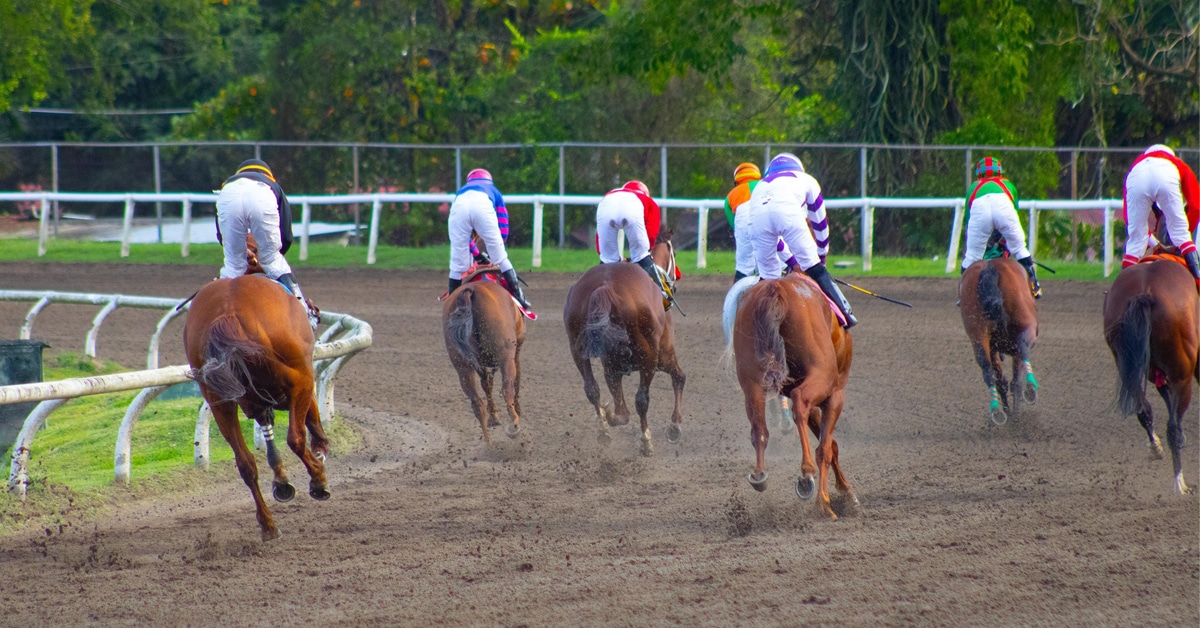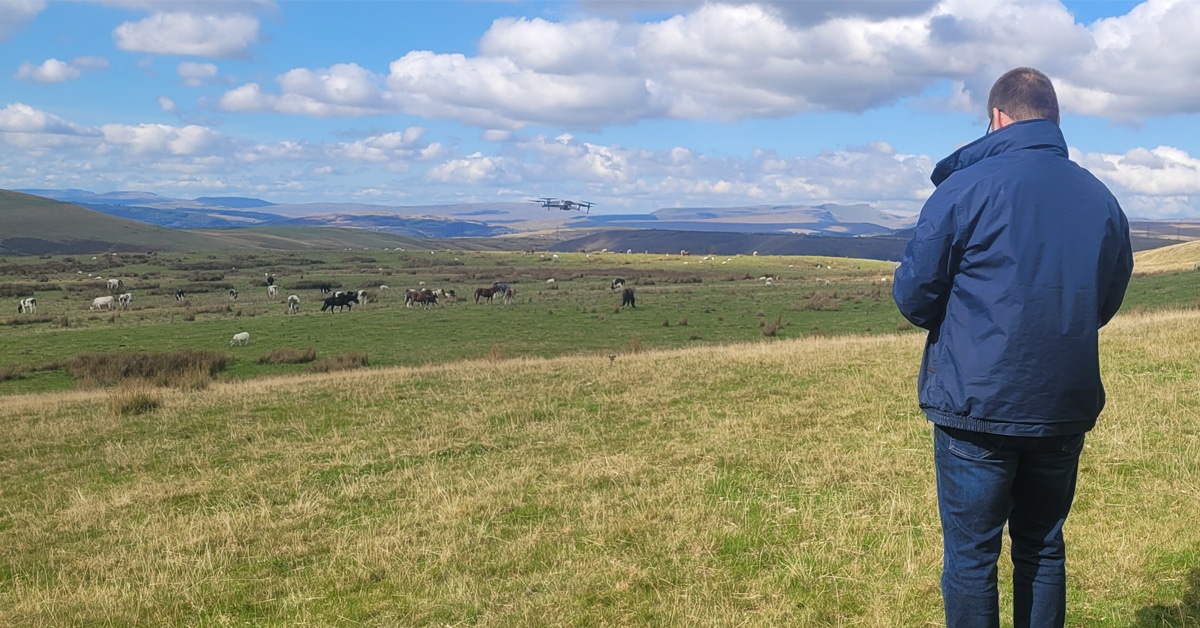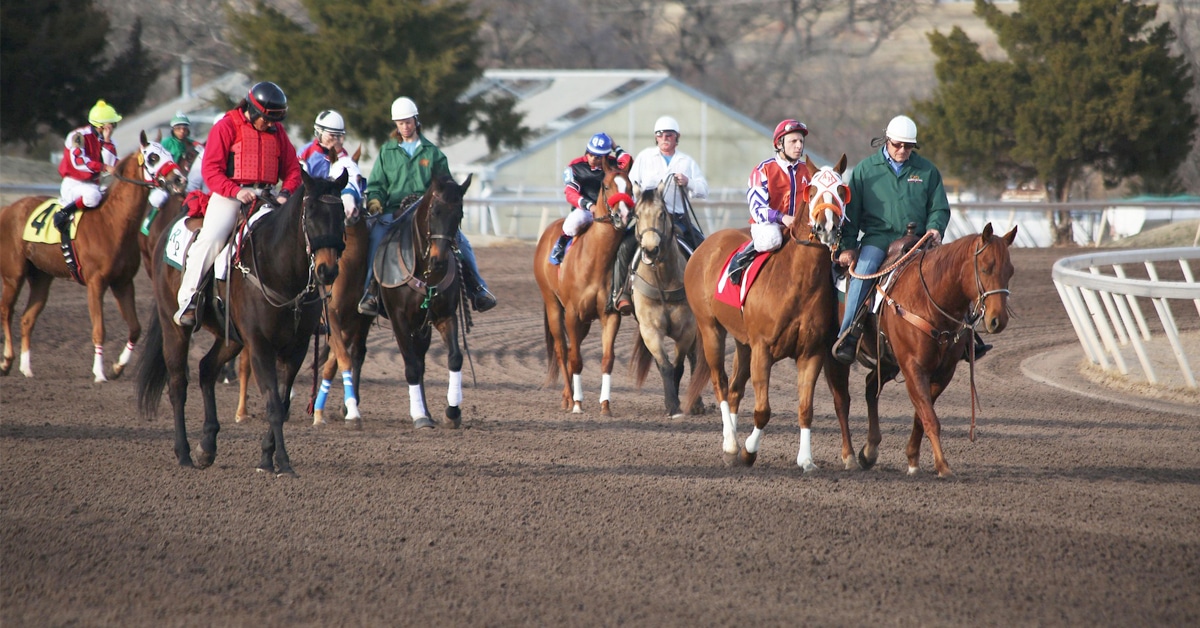In an effort to improve welfare standards for horses around the world, researchers are seeking to identify and evaluate common interventions humans make in the lives of horses, and the potentially harmful impact these practices have on them.
In a recent study, 16 panelists from Australia, Canada, Ireland, the United Kingdom and the United States, with expertise in psychology, equitation science, veterinary science, education, welfare, equestrian coaching, advocacy and community engagement, collectively identified 116 interventions in 14 contexts. These included: weaning; diet; housing; foundation training; ill-health and veterinary intervention, both medical and surgical; elective procedures; care procedures; restraint for management procedures; road transport; and competition activity, work activity and breeding activity.
Referring to the Five Domains model, which is used to evaluate animal welfare in terms of 1) nutrition; 2) environment; 3) health; 4) behaviour; and 5) mental state, each person was asked to score each intervention on scale of 1-10 (with 10 being the highest degree of adverse effect) prior to meeting as a group. Emphasis was placed on the fifth domain – the mental impact of the interventions. Next, a four-day workshop was conducted in which the participants gathered to share and discuss their rankings. It is hoped that eventually a scoring system and set of welfare guidelines will result from these evaluations, which can be shared and adopted by the global equine industry.
Ranking the Interventions: Highs and Lows
Researchers shared the high (highest adverse effect) and low (least adverse) scoring interventions across the pertinent contexts. They are as follows:
Weaning
High – abrupt individual weaning
Low – natural weaning
Diet
High – feeding 100% low-energy concentrate (cubes, pellets)
Low – feeding cut forage or varied pasture with choice of grazing and browsing
Housing
High – outdoor tethering with no social contact and indoor tie stalls
Low – living outdoors with full social contact
Foundation Training
High – dropping a horse with ropes, forced flexion
Low – advance/retreat methods
Ill-Health
High – long-term curative
Low – short-term treatment
Surgical Intervention
High – major deep intracavity surgery
Low – minor surgical interventions
Elective Procedures
High – castration without veterinary supervision
Low – hoof branding (a form of hot iron branding used for identification purposes that is not permanent)
Care Procedures
High – tongue ties
Low – blanketing, sheath cleaning, trimming, deworming, hot shoeing, whisker removal
Restraint for Management Procedure
High – ear and nose twitching
Low – leg-lifting
Road Transport
High – transport in a group with unfamiliar companions and individual transport
Low – travelling in an individual pen accompanied by familiar individuals
Competition Activity
High – jumps racing (steeplechase), polo, western performance
Low – trail riding
Work Activity
High – rodeo, carriage and haulage, pregnant mare urine collection
Low – stock work
Breeding Activity
High (Female) – wet nursing during transition between foals
High (Male) – teaser males
Low (Both Genders) – pasture mating
The Latest









